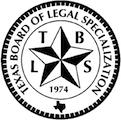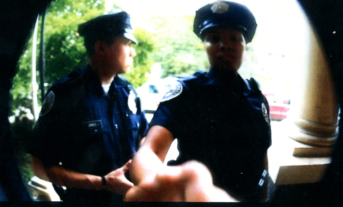Miranda Rights After an Arrest?
The Miranda Rights can be defined as follows. However, there are many myths regarding Miranda Rights, when they can be read, and what can happen if a police officer fails to give these required warnings.
Every U.S. jurisdiction has its own regulations regarding what, precisely, must be said to a person arrested or placed in a custodial situation. The typical warning states:
- You have the right to remain silent and refuse to answer questions;
- Anything you say may be used against you in a court of law;
- You have the right to consult an attorney before speaking to the police and to have an attorney present during questioning now or in the future;
- If you cannot afford an attorney, one will be appointed for you before any questioning if you wish;
- If you decide to answer questions now without an attorney present, you will still have the right to stop answering at any time until you talk to an attorney;
- Knowing and understanding your rights as I have explained them to you, are you willing to answer my questions without an attorney present?
While the exact language above is not required by Miranda, the police must advise the suspect that:
- They have the right to remain silent;
- That anything the suspect does say can and may be used against them in a court of law;
- They have the right to have an attorney present before and during the questioning; and
- They have the right, if they cannot afford the services of an attorney, to have one appointed, at public expense and without cost to them, to represent them before and during the questioning.






















